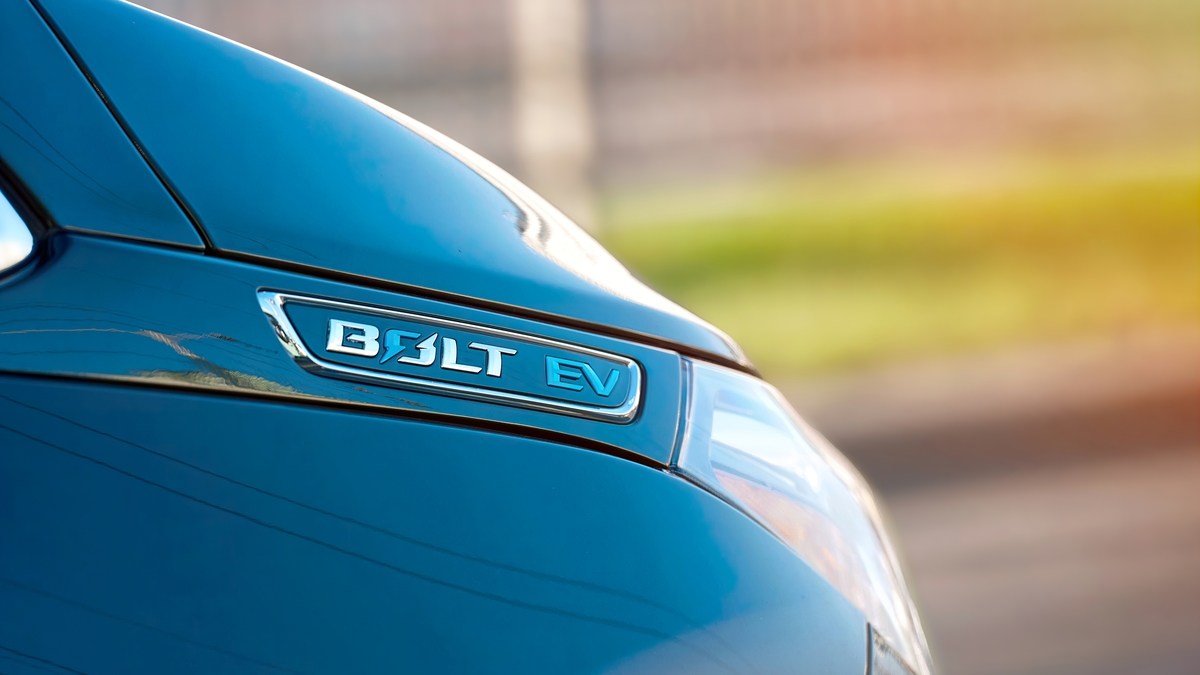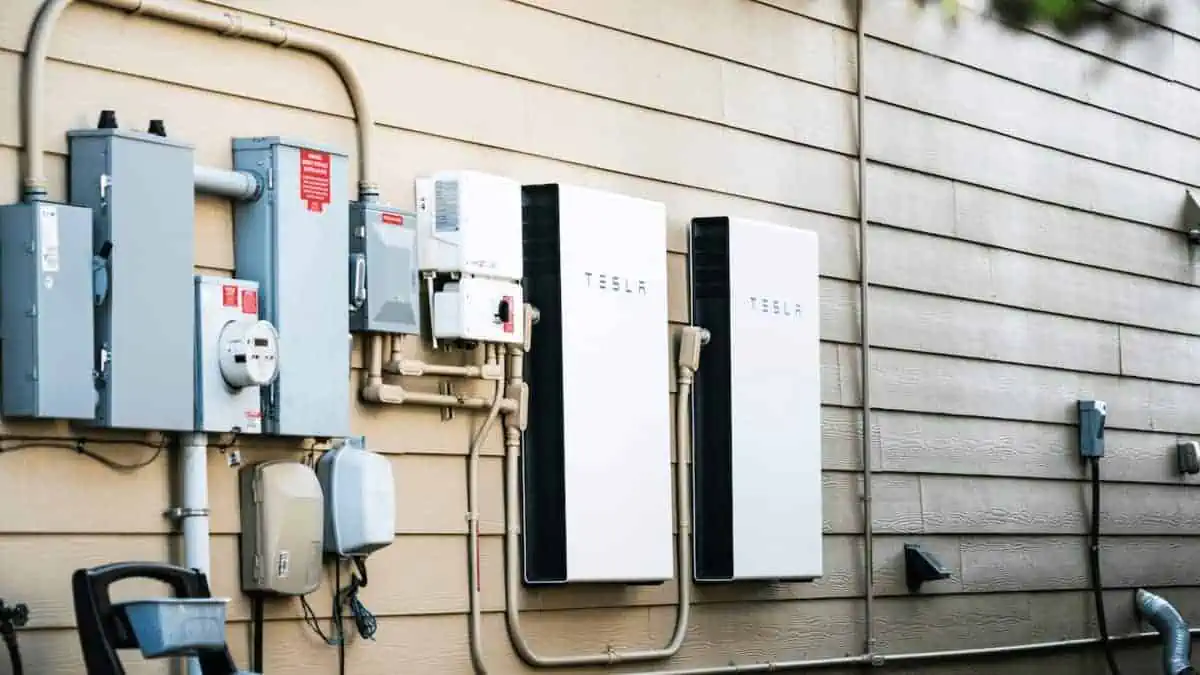The US Government has been promoting the shift to electric vehicles to accelerate its Greenhouse Gas Pollution Reduction Target of 50%-52% from 2005 levels in 2030. The Washington Post also asserted the Biden Administration’s plans to have EVs account for two-thirds of new car sales by 2032.
The electric vehicle industry significantly grew, especially after the implementation of the Inflation Reduction Act, which offered major incentives for clean energy vehicles. However, recent reports have been increasingly confusing as some claim weak demand while others imply otherwise.
US EV uptake
All-electric vehicle (BEV) sales in the US surged 49.8% year-over-year to a record-breaking 300,000+ units in the third quarter of 2023, Cox Automotive revealed. It further noted that the sales have already recorded a 13 consecutive quarterly growth in Q3 2023.
In addition, industry experts believe that the EV market is “firmly on track” to finally cross the 1 million threshold this year. Despite these advancements, there remain to be major challenges that impede the widespread adoption of electric vehicles in the country.
Automakers step back from EV plans
EV-a2z recently reported General Motors’ decision to halt its 400,000-unit production target by mid-2024. It also aims to delay its plans to launch new electric vehicle models for several months.
Interestingly, CFO Paul Jacobson noted that the company was not struggling with waning demand during the company’s Q3 2023 Earnings Call.
“Customers have been remarkably resilient in the order book, continuing to keep their orders on the books.”
GM CFO Paul Jacobson
American legacy automaker Ford also announced plans to delay its $12 billion electric vehicle investment amid high prices, affecting the battery joint venture with Sk On in Kentucky.
Industry expert insights
Despite the recent pullbacks in the EV industry, Zero Emission Transportation Association (ZETA) Executive Director Albert Gore does not believe that the US market is experiencing weak demand.
“…puzzled by the avalanche of stories about how EVs are piling up on dealer lots. I tried to do a deep dive into sales data, and if there’s [a slowdown] it must be highly specific or regional, but year-over-year, the sales growth is 40-50%. It’s enormous. And there are a much greater variety of vehicles being sold.”
ZETA Executive Director Albert Gore told Electrek’s journalist Michelle Lewis
That said, there is no doubt that EV sales are increasing in the country. However, it might not just have been meeting the automakers’ expectations. However, it is also natural for the OEMs to set high guidance, given their major electrification investments. This significant shift apparently makes the companies and the market “nervous,” as noted by Electrek.
In addition, the ongoing price war has also pressured the automakers to lower their models’ pricing. Government incentives also attract customers to join the shift. Therefore, demand and supply are both growing.
That said, ZETA Executive Director Gore argued that those who seek to “maintain the status quo” employ dealer inventories as a basis. However, he explained that it is not a “data point that shows sales are slowing down.”
“Why is this single thing magnified to a hundred stories when you zoom out and see phenomenal growth? It’s a mistake to imply that people don’t want to buy EVs because data shows demand is resilient and sales are growing consistently. But the transition will take hard work, sustained effort, and commitment. There are just so many different dynamics related to EVs right now.”
ZETA Executive Director Albert Gore
Electric vehicle adoption in the US has undoubtedly been progressive owing to the strong cooperation between the Federal Government and automakers. The IRA has significantly boosted the uptake with its major incentives that attract new buyers.
Therefore, it will be safer to say that EV demand in the US is not waning. Instead, the major shift only stirred tension among the automakers and the market in general.






